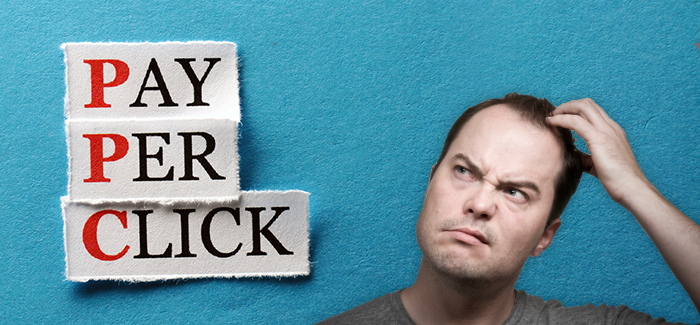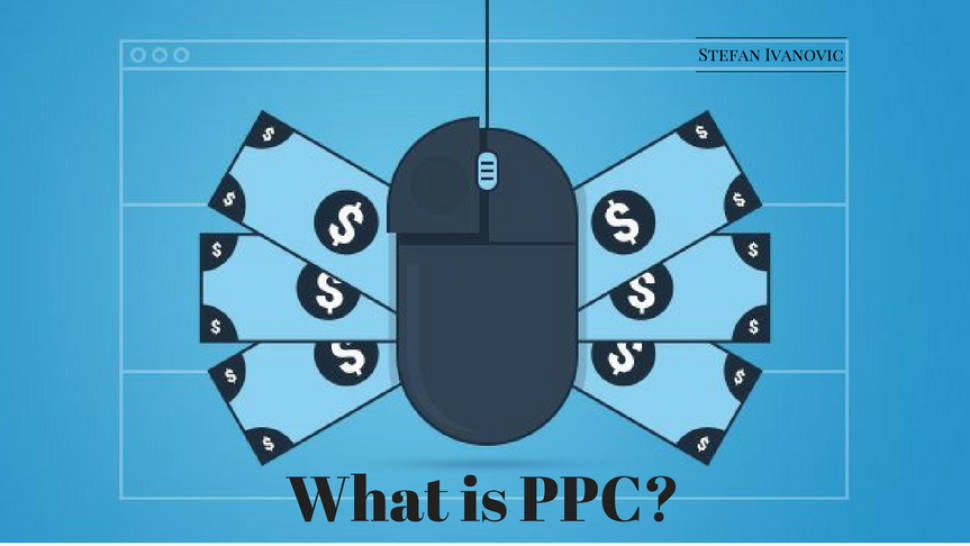One of the most popular ways of using PPC is through search engine advertising.
This form of advertising lets advertisers to bid for ad placement in a search engine. For example if you type ‘global brain’ into your search engine, GLBrain should be getting the top spot on the Google results page.
Every time someone clicks on the ad you placed, he goes to your website seeing your ad and your offer and you pay a small fee to the search engine. When PPC is working properly, the fee you pay is irrelevant, because the visit is worth more than what you pay for it. In other words, if we pay $1 for a click, but the click results in a $100 sale, then we’ve made a hefty profit.
A lot goes into building a winning PPC campaign: from researching and selecting the right keywords, to organizing those keywords into well-organized campaigns and ad groups, to setting up PPC landing pages that are optimized for conversions. Search engines reward advertisers who can create relevant, intelligently targeted pay-per-click campaigns by charging them less for ad clicks. If your ads and landing pages are useful and satisfying to users, Google charges you less per click, leading to higher profits for your business. So if you want to start using PPC, it’s important to learn how to do it right.

PPC Keyword Research
Keyword research for PPC can take away a huge amount of time, but without it all your efforts will be futile. The whole PPC campaign is constructed around keywords, and the most successful AdWords advertisers constantly grow and refine their PPC keyword list. If you only do keyword research once, when you create your first campaign, you are probably missing out on hundreds of thousands of valuable, long-tail, low-cost and highly relevant keywords that could be driving traffic to your site.
An effective PPC keyword list should be:
• Relevant – Of course, you don't want to be paying for Web traffic that has nothing to do with your business. You want to find targeted keywords that will lead to a higher PPC click-through rate, effective cost per click, and increased profits. That means the keywords you bid on should be closely related to the offerings you sell.
• Exhaustive – Your keyword research should include not only the most popular and frequently searched terms in your niche, but also to the long tail of search. Long-tail keywords are more specific and less common, but they add up to account for the majority of search-driven traffic. In addition, they are less competitive, and therefore less expensive.
• Expansive - PPC is iterative. You want to constantly refine and expand your campaigns, and create an environment in which your keyword list is constantly growing and adapting.
Thanks to WordStream




Share the News